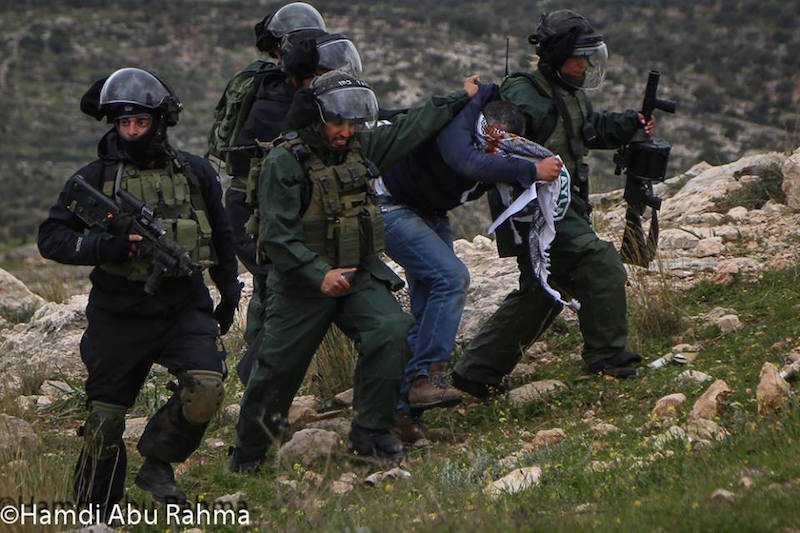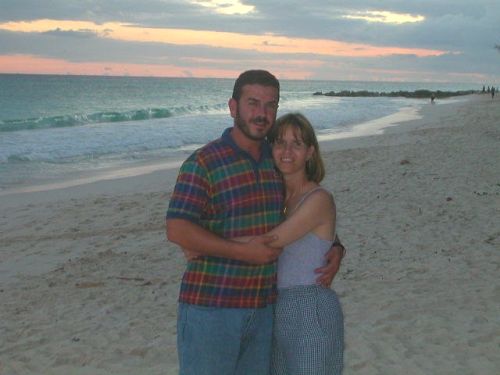Tag: israeli border police
-
Demonstration in Bil’in honoring slain US citizens faces attacks and arrests by Israeli forces
17 February 2015 | International Solidarity Movement, Ramallah team | Bil’in, Occupied Palestine On Friday 13th February, Israeli forces assaulted the demonstration in Bil’in with hundreds of tear gas rounds, dozens of stun grenades and pepper spray, injuring eleven Palestinian, Israeli and international demonstrators. Member of the Bil’in popular committee Mohammed Khatib and a UK citizen and solidarity…
-
Israeli forces ignore settler attacking child
9th November 2014 | International Solidarity Movement, Khalil Team | Hebron, Occupied Palestine This afternoon in al-Khalil (Hebron), ISM activists witnessed a Zionist settler push a 10-year-old child to the ground. The settler was driving close to Salaymeh checkpoint, through a group of Palestinian schoolchildren walking home. He suddenly stopped, exited his car, and violently pushed…
-
Killing without consequence
19th June 2014 | Moira Jilani | East Jerusalem, Occupied Palestine Ziad and I met at a party at the University of Houston. Six months later Ziad proposed, saying, “I’m a Palestinian. I am only here to get an education. After graduating I’ll return home to Jerusalem. Come with me.” We married the following year and moved to…



